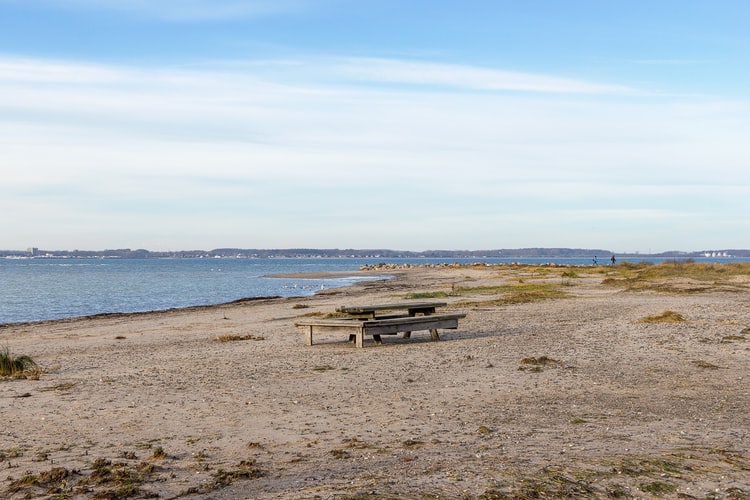
This pandemic fundamentally alters our ability to socialize with friends and family, especially those who live outside our household. We are naturally social creatures — in fact, our brains are wired to be social. Scientifically, human beings form the biggest social groups in the primate class, with an average of 150 people per group. Additionally, the more social connections we have, the more our brains grow in size. In a pandemic, it’s not an exaggeration to say we are suffering from a lack of human, face-to-face interaction.
The difference between loneliness and solitude
Seeing as our real-life connections are at a standstill, it’s possible to feel isolated from the rest of the world. This feeling of isolation contributes to a sense of loneliness or solitude, depending on how we look at the situation. Loneliness, as defined by psychologists, is the feeling of isolation combined with a desire for social contact. Solitude, on the other hand, involves being alone in a contented state, without feeling lonely.
We can’t necessarily choose how we perceive the big picture of our social lives. Simply put, we’ll feel how we’ll feel about it. However, we can focus on the difference between loneliness and solitude, and understand how to navigate between the two.
In the 1980s, Neil Ansell decided to move from his London abode to a Welsh cottage in the mountains. He didn’t interact with a single person for five years and he had no connection to the outside world. With no phone, running water, or electricity, Ansell lived on and from the land.
Ansell recalled that on a visit to the village shop, “my voice [cracked], as I asked for something at the counter…I realized I hadn’t spoken in two weeks, not a single word.” This might seem like an extreme example of isolation, but for those who live alone, this is their reality. In that case, Ansell said, “When you’re alone, you start to lose your sense of who you are. You don’t have an image of yourself reflected in the way that other people react to you.”

Jude Beck/Unsplash
How do we fight off loneliness?
When lonely people attempt to socialize, they can fall into a trap of the “loneliness loop,” a self-fulfilling prophecy. Lonely people can fall into a cycle of low self-esteem, hostility, stress, pessimism, and social anxiety. The cycle can also impede efforts to try to socialize at all. Despite the loneliness loop, it is possible for those who are lonely to mitigate loneliness.
According to academic research, there are only two scientifically proven ways to increase happiness — and one of those involves increasing our social connections. The second is to complete random acts of kindness for people. Though it’s currently difficult to expand our social circles, we can enrich the social connections we do have.
Even if it’s just virtual, reaching out to friends for a video call can put feelings of loneliness to rest. A phone call can also do the trick. When we put effort into fostering these connections despite feeling anxious or stressed about it, we successfully ward off loneliness.
At the end of the day, the best way to help ourselves keep loneliness at bay during this pandemic is to reach out. No matter how nervous we may feel about putting in the effort to socialize, the positives clearly outweigh the negatives.
Thumbnail Credit: Maria Krasnova/Unsplash (images may be subject to copyright)
Lead developer and editor; legal/political reporter for the Current Affairs Times. World traveler. Mac 'n' cheese lover.






